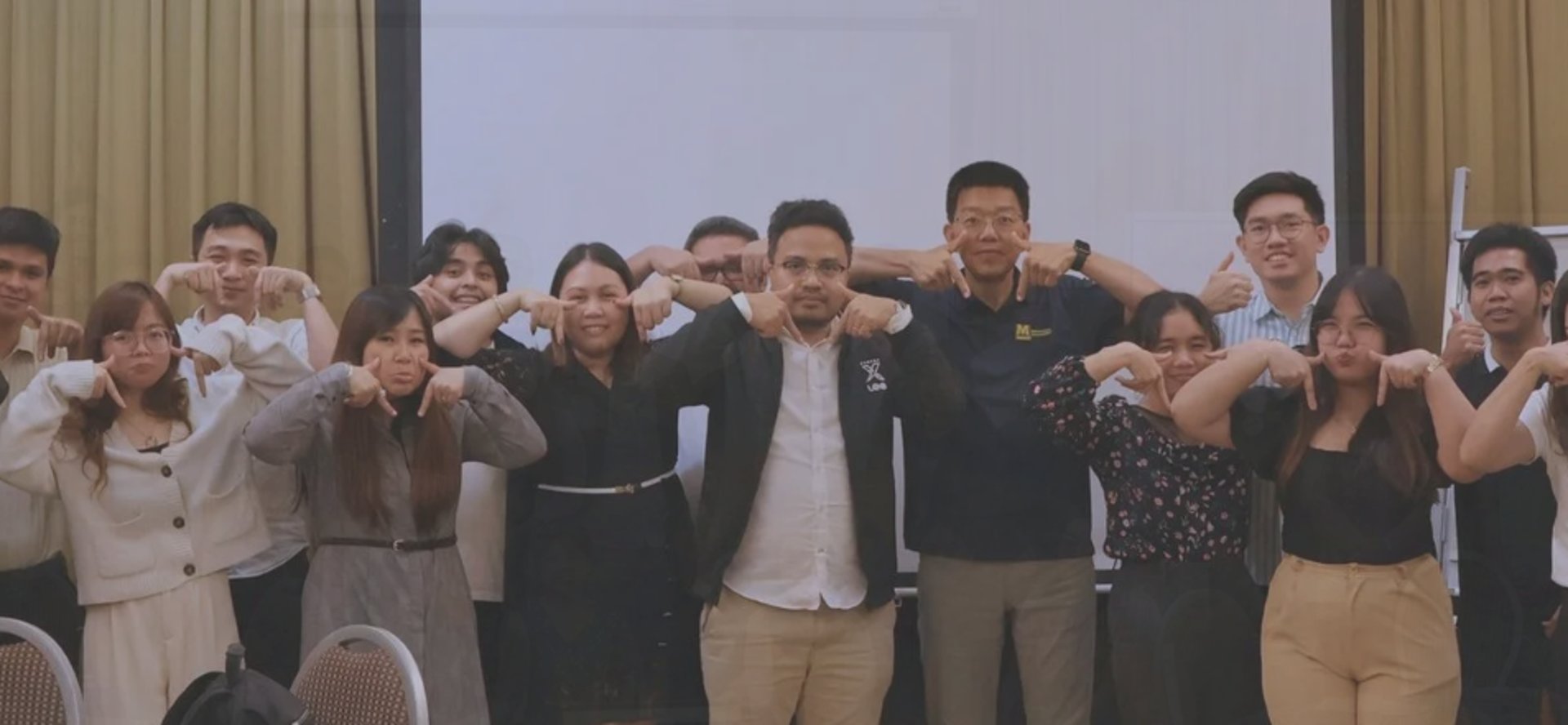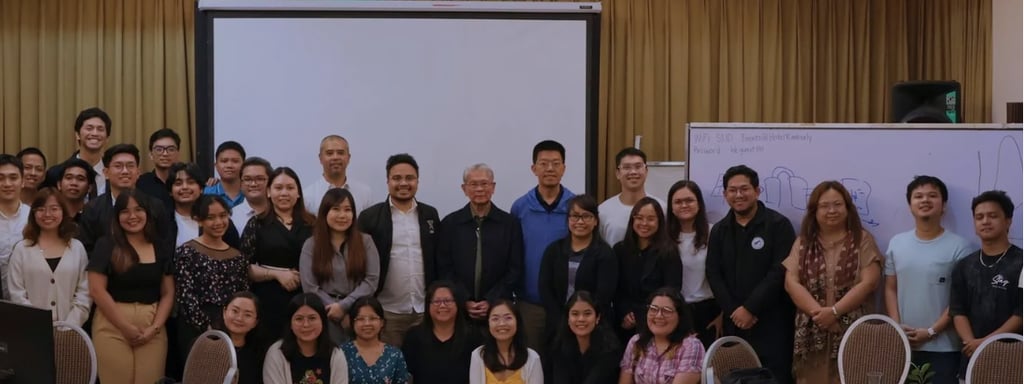
That’s a Wrap! The CIPHER Project has been “deCIPHERed”
Raymart Bonete
11/25/20242 min read


After 2.5 years of research and collaboration, the CIPHER Project—Clean and Vertically-Integrated Pure/Applied Hydrogen Energy Research for Next Generation Power Systems—has successfully concluded. To celebrate this milestone, the team held the “DeCIPHERed: Project Closing Workshop” on October 14-15, 2024, at Hotel Kimberly Tagaytay, bringing together researchers, partners, and distinguished guests to reflect on achievements and explore future opportunities.
The workshop highlighted the project’s research journey, with sessions that showcased key research results and accomplishments. Dr. Maricor Divinagracia-Luzadas delivered a comprehensive summary of the project's accomplishments, providing participants information about the project's innovations in fuel cell technology and energy systems. The research fellows, including those currently pursuing graduate studies abroad, presented their significant contributions to the project's success. Prof. Po-Ya Abel Chuang from UC Merced also shared their team's research activities, adding an international perspective to the discussions.
The workshop also emphasized capacity building and sustainability. Engr. Honesto Ovid Tubalinal led a session on mentoring and skill development initiatives, while Asst. Prof. Jan Goran Tomacruz facilitated discussions on best practices and lessons learned, offering valuable insights for future R&D endeavors. A panel discussion moderated by Dr. Luzadas and Asst. Prof. Tomacruz delved into career pathways for team members post-project, ensuring the knowledge and skills gained will continue to thrive.
Honored guests from CHED-PCARI, including Dr. William G. Padolina, Academician of the National Academy of Science and Technology, and Ms. Kristianne Peralta-Maturana from the Project Management and Coordination Office, provided invaluable guidance. Ms. Peralta-Maturana shared insights on project closure processes and constructive feedback, emphasizing the importance of project planning and execution in research initiatives.
Funded by the Commission on Higher Education – Philippine-California Advanced Research Institutes (CHED-PCARI), now known as LAKAS, the CIPHER Project utilized a vertically integrated approach to develop cutting-edge hydrogen energy systems. The collaboration between the University of the Philippines Diliman–Laboratory of Electrochemical Engineering, led by Prof. Joey D. Ocon, and the University of California Merced–Thermal and Electrochemical Energy Laboratory, led by Prof. Po-Ya Abel Chuang, has demonstrated the power of international partnerships in driving scientific innovation.
The project ran from April 18, 2022, to October 17, 2024, making significant contributions to the field of renewable energy. As the CIPHER Project officially concludes, the team extends heartfelt gratitude to everyone who played a role in its success. The legacy of this collaborative undertaking will continue to inspire advancements in hydrogen energy research for years to come.
Article by: Raymart Bonete
Research
Innovating sustainable energy solutions for the future.
EMAILS
Contact
jttomacruz@up.edu.ph
© 2025. All rights reserved.
